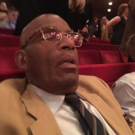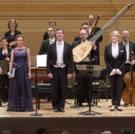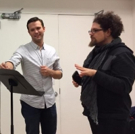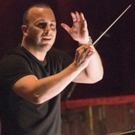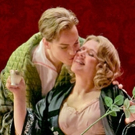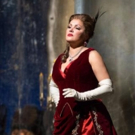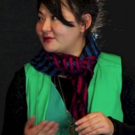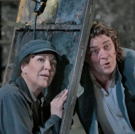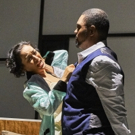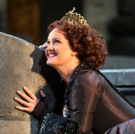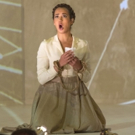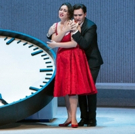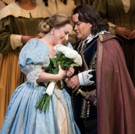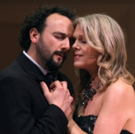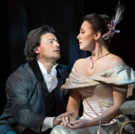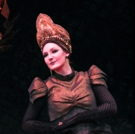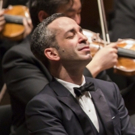Richard Sasanow has been BroadwayWorld.com's Opera Editor for many years, with interests covering contemporary works, standard repertoire and true rarities from every era. He is an interviewer of important musical figures on the current scene--from singers Diana Damrau, Peter Mattei, Stephanie Blythe, Davone Tines, Nadine Sierra, Angela Meade, Isabel Leonard, Lawrence Brownlee, Etienne Dupuis, Javier Camarena and Christian Van Horn to Pulitzer Prize-winning composers Kevin Puts and Paul Moravec, and icon Thea Musgrave, composers David T. Little, Julian Grant, Ricky Ian Gordon, Laura Kaminsky and Iain Bell, librettists Mark Campbell, Kim Reed, Royce Vavrek and Nicholas Wright, to conductor Manfred Honeck, director Kevin Newbury and Tony-winning designer Christine Jones. Earlier in his career, he interviewed such great singers as Birgit Nilsson, and Martina Arroyo and worked on the first US visit of the Vienna State Opera, with Karl Bohm, Zubin Mehta and Leonard Bernstein, and the inaugural US tour of the Orchestre National de France, with Bernstein and Lorin Maazel. Sasanow is also a long-time writer on art, music, food, travel and international business for publications including The New York Times, The Guardian, Town & Country and Travel & Leisure, among many others.
« prev 1 … 17 18 19 20 21 22 23 … 32 next »
Videos


